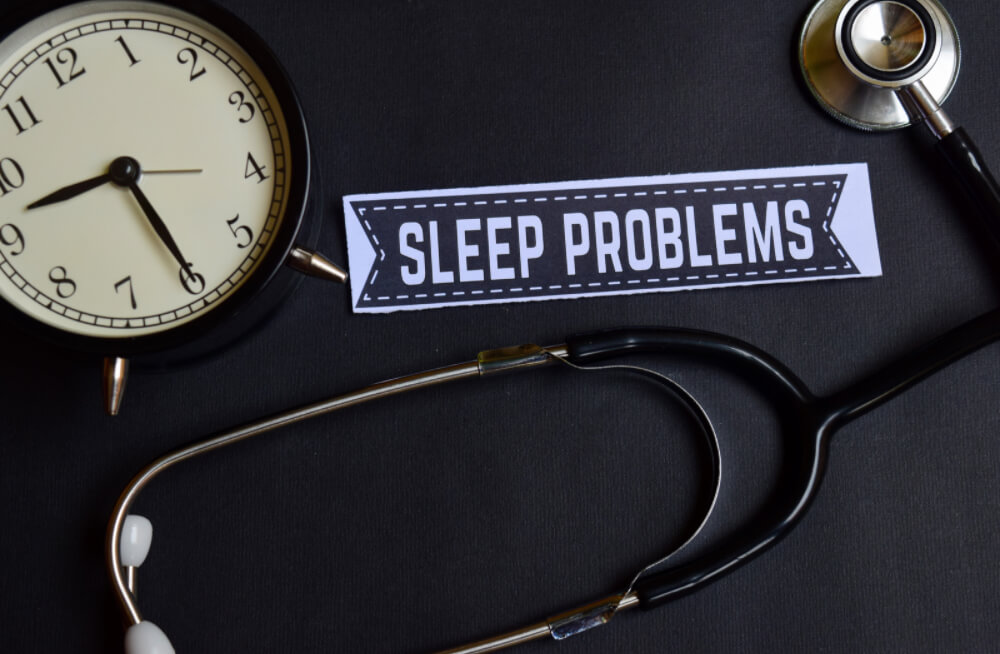Medical Conditions That Can Hamper Your Sleep
Medical Conditions That Can Hamper Your Sleep
Jan 18, 2022

Suppose you notice that you’re still having issues sleeping after fixing your environment, your diet, and getting more exercise while also cutting down on your stress through meditation and other actions on your part. In that case, you may have a medical condition that needs medical intervention.
- Insomnia – There are several types of insomnia, and most of them can be treated by a professional. If you have tried everything to get to sleep, but you’re still not sleeping at least three times a week for about three months, seek medical assistance with this problem.
- Sleep Apnea – There are also several types of sleep apnea, some of which are life-threatening. In some cases, you may have a physical obstruction, and in others, it might be your brain refusing to send the right signals causing you to stop breathing. Whatever the cause, it will interfere with your sleep and should be checked out by a doctor. If you have tried all the tips and still have issues feeling rested after a full night’s sleep, seek professional assistance.
- Narcolepsy – This sleep disorder causes people to fall asleep in what feels like an attack of sleep that cannot be ignored. Sufferers will often fall asleep and lose muscle tone, and some have other scary symptoms. If you fall asleep a lot when talking to others or have what you feel like are sleep attacks, see your doctor.
- Restless Leg Syndrome – This affects about 10 percent of the US population and causes pain, itching, throbbing, accomplished with an urge to move the legs, keeping them and their partners from sleeping. This situation also needs medical intervention.
- Parasomnias – Anyone who experiences sleepwalking, bedwetting, night terrors, and even exploding head syndrome may have non-rem or rem-related conditions that make sleeping well difficult and require medication.
- REM Sleep Disorder – If you tend to wake up during your REM sleep cycle, a time when most people have vivid dreams, you may have a problem with your REM sleep and need professional guidance to fix it.
- Non-24 Sleep-Wake Disorder – If your body is confused about the light around you, it can result in a clock that doesn’t recognize the normal 24 hours reset that most people have. So if you take two or more hours to fall asleep and two or more hours to wake up or think you’re reversed and fall asleep in sunlight and wake at night, you may have this disorder.
- Excessive Sleepiness – Excessive daytime sleepiness (EDS) is defined by prolonged periods of intense drowsiness during the day that makes the sufferer have to go to sleep even if it’s a bad time and even if they need to do other things. Although EDS is the essential symptom of narcolepsy, it can happen with other comorbidities like diabetes, hypothyroidism, chronic pain, depression, and anxiety.
- Shift Work Disorder – If you have to work shiftwork, this condition can affect you. More than 25 percent of rotating and night shift workers report this problem. This situation causes a misalignment with your circadian rhythms based on the natural light and dark cycles that shift workers ignore.
Don’t ignore your health. Sleeping is one of the most important healthy activities you need to do, like eating right, exercising, and being part of your community. Sleeping is the activity that helps make everything else possible.
